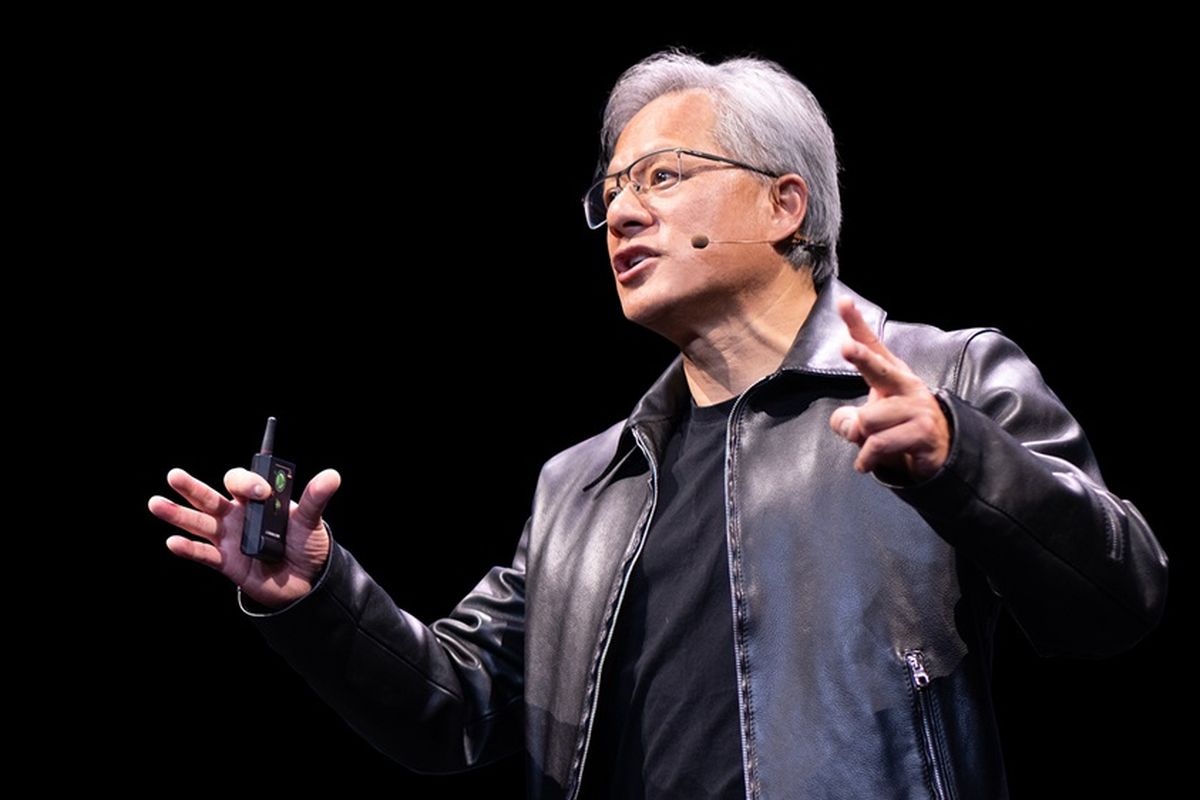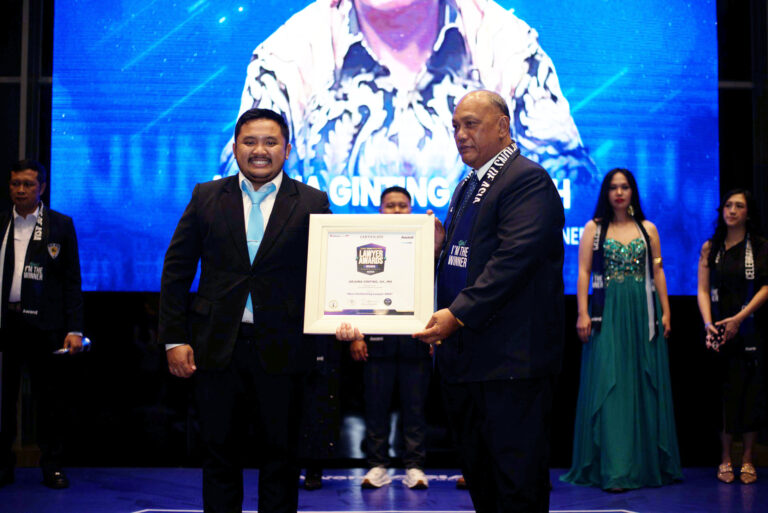New York — Nvidia has taken another decisive step in shaping the future of artificial intelligence with the introduction of its latest AI chip platform, Blackwell Ultra. Announced at the company’s annual GTC conference on Tuesday, this cutting-edge platform is set to push the boundaries of AI reasoning capabilities, transforming the way artificial intelligence processes information and interacts with users. By enhancing AI’s ability to break down intricate problems, evaluate multiple scenarios, and generate responses with deeper contextual awareness, Blackwell Ultra is poised to move artificial intelligence beyond traditional chatbots and into a realm where it can actively assist with real-world decision-making.
The ability to reason has long been considered one of the fundamental distinctions between human cognition and artificial intelligence. Traditional AI models have largely relied on pattern recognition and predictive algorithms to generate responses, often lacking the ability to analyze complex queries holistically. Blackwell Ultra changes this paradigm by enabling AI systems to process information in a manner more closely resembling human thought. Nvidia claims that its new chip can handle complex queries with remarkable efficiency, reducing processing time from a minute and a half on its previous Hopper chip to just ten seconds. This advancement underscores the platform’s immense computational power and its potential to set a new standard in AI performance.
The rise of AI-powered applications has significantly increased demand for high-performance computing chips, particularly since OpenAI introduced ChatGPT in 2022. As companies integrate artificial intelligence into their operations, the need for specialized hardware capable of handling vast amounts of data has become more critical than ever. Nvidia has established itself as a dominant force in this sector, with its chips serving as the backbone for AI-driven services from industry giants such as Microsoft, Amazon, and Google. The company’s relentless pursuit of innovation has not only secured its leadership in the market but also driven its stock value to unprecedented heights.
Despite Nvidia’s dominance, the AI hardware landscape has seen increasing competition, particularly from emerging players such as DeepSeek, a Chinese technology startup that recently unveiled its R1 model. DeepSeek R1’s impressive reasoning capabilities and affordability have raised questions about whether expensive, high-end AI chips will remain essential for running advanced AI models. While this development has sparked speculation about potential shifts in the industry, Nvidia has remained steadfast in its commitment to delivering cutting-edge technology. The company’s most recent earnings report surpassed Wall Street’s expectations, reinforcing investor confidence in its strategic direction. The launch of Blackwell Ultra is a clear statement that Nvidia intends to maintain its leadership position by continuing to innovate in the AI reasoning space.
Several major technology companies, including Cisco, Dell, HP, Lenovo, and Supermicro, have already begun developing next-generation servers incorporating Blackwell Ultra. This early adoption by leading firms indicates strong industry confidence in Nvidia’s new platform. The first wave of Blackwell Ultra-powered products is expected to be released in the second half of 2025, setting the stage for a new era of AI-driven computing infrastructure.
Experts believe that reasoning capabilities will open the door to transformative advancements in AI applications across multiple industries. Unlike conventional AI systems that simply generate text-based responses, reasoning-enabled models can analyze complex inquiries, evaluate multiple variables, and produce well-informed decisions. Nvidia has provided tangible examples of how its technology can be applied, such as using AI-powered reasoning models to optimize seating arrangements for a wedding. This process would involve balancing numerous factors, including guest relationships, personal preferences, and cultural customs, to create a seating plan that maximizes harmony and satisfaction.
The pursuit of enhanced AI reasoning is not exclusive to Nvidia. Google has recently upgraded its Gemini models to improve their analytical capabilities, while AI research firm Anthropic has introduced Claude 3.7 Sonnet, a hybrid model designed to process complex tasks with greater accuracy. The competition among major technology companies to push the boundaries of AI reasoning continues to intensify, driving rapid advancements in the field.
Beyond reasoning, the evolution of artificial intelligence is paving the way for the emergence of AI agents—autonomous digital assistants capable of performing tasks and making decisions independently. Unlike traditional AI models that merely provide information, AI agents have the potential to execute complex workflows in real-time. Companies such as Google, Amazon, and Qualcomm have already begun envisioning AI-powered assistants capable of handling intricate tasks, such as planning travel itineraries or managing schedules based on user preferences.
Gene Munster, managing partner at Deepwater Asset Management, has highlighted the transformative potential of agentic AI, emphasizing that its ability to multitask and reason across different domains will lead to more advanced and capable AI-driven solutions. As reasoning models become increasingly sophisticated, AI agents will gain the ability to navigate complex scenarios with greater autonomy and intelligence.
With the introduction of Blackwell Ultra, Nvidia has not only reinforced its dominance in AI hardware but also accelerated the transition toward more advanced reasoning-based AI. As artificial intelligence continues to progress at an unprecedented pace, its role in decision-making, automation, and real-world problem-solving is expected to grow, reshaping the landscape of technology and human interaction in the years ahead.








